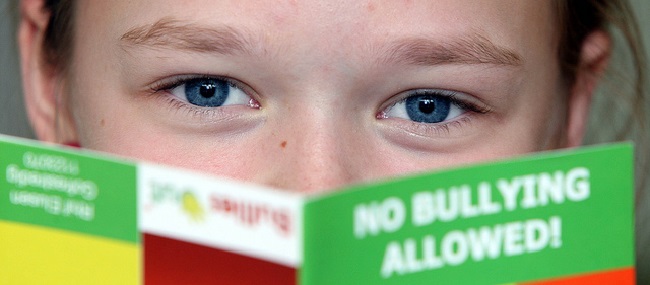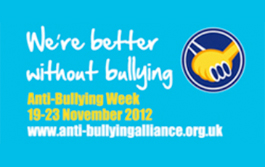Helping pupils develop their minds is what teachers do, but how can they go about making sure that young learners are safe, both in school and at home? Christian McMullen, head of the NSPCC’s safeguarding in education service, tells us exactly what teachers need to look out for, and what actions they can take.

Teachers and others working in schools are uniquely well-placed to spot a child at risk of abuse and neglect, and can take action to change the course of that child’s life for the better. Many different factors will impact on how effectively they do this, ranging from their knowledge of the signs that a child is at risk, to their relationships with their pupils, as well as the culture the school promotes around safeguarding.
Given the importance of teachers being secure in their working lives, it’s vital that schools take into account the effect of social media and technology. Elliot Simmonds of VoicED examines how teachers can take care of themselves in a digital world.

We have covered cyber-bullying a lot on the our blog recently, along with other technology-influenced issues such as ‘sexting’ and the specific impact on SEN students. However, two recent pieces of research published by two different teachers’ unions have focussed not on pupils and their vulnerability, but on teachers and educators who suffer from the same problems.

Anti-bullying week is upon us and schools will be taking action to highlight the effects of bullying and, more importantly, offer some solutions as to what pupils and staff can do about it. Helping individuals to understand that bullying is a serious form of abuse encourages them to speak out sooner, to seek help and to protect themselves and others from the devastating effects of bullying.
The more traditional forms of bullying are still prevalent but in recent years there has been a huge rise in cyber bullying. Cyber-bullying can come from individuals or groups, via the internet through social networking sites, and targeting the victim direct through texting and e-mailing. The initial findings of a study conducted by the National Society for Prevention of Cruelty to Children (NSPCC), worryingly highlight the extent of bullying, cyber-stalking and unwanted sexual attention online. In these instances, bullying can also include aggressive language, threats, blackmail, racism, sexism and homophobia - often causing victims to self-harm and, in the worst cases, to take their own lives.

The recent survey by charity BeatBullying shows that children starting secondary school are the most concerned about being bullied. The research identified that 56 per cent of primary children feared they might be bullied for being too clever, or not clever enough. Forty-eight per cent surveyed were afraid that they would be bullied for not being good at activities like sports or for not having the latest phones or games. Fear of being bullied can eventually lead to unhappiness, loneliness and a drop in grades.
Though schools already have an anti-bullying policy in place under the School Standards and Framework Act 1998, it is important to revisit these policies to ensure that they are updated to protect students from new threats such as cyberbullying.

Since 2006, the Education Inspections Act has made it the legal responsibility of every headteacher to ensure their school's behavioural policy addresses the prevention of bullying in all forms. This is a huge responsibility and cannot be taken lightly. Have you taken time recently to consider how your school is confronting bullying?
Throughout Anti-Bullying Week 2012, Bully Watch, the anti-bullying experts, will be providing us with five tips (one per day) that you can follow or use as a basis to help form your own school anti-bullying plan.

As we regularly visit schools, we find ourselves in contact with the local police quite often, to discover crime in the area that we are visiting and the main problems with relation to bullying. A recurring theme in all regions is that ‘Cyber bullying’ as well as ‘underage drinking’ is a major problem.
In every school I visit, I observe students raising their hands to say that they’ve been victims of cyber bullying. When I ask why they think Cyber bullying is such an issue in society, the response is almost always ‘there are so many opportunities online to post anonymous comments now and it’s particularly used by people who don’t have the confidence to bully in person but when taking on a ‘cyber personality’ they feel this absolute sense of power.

A community-driven platform for showcasing the latest innovations and voices in schools
Pioneer House
North Road
Ellesmere Port
CH65 1AD
United Kingdom